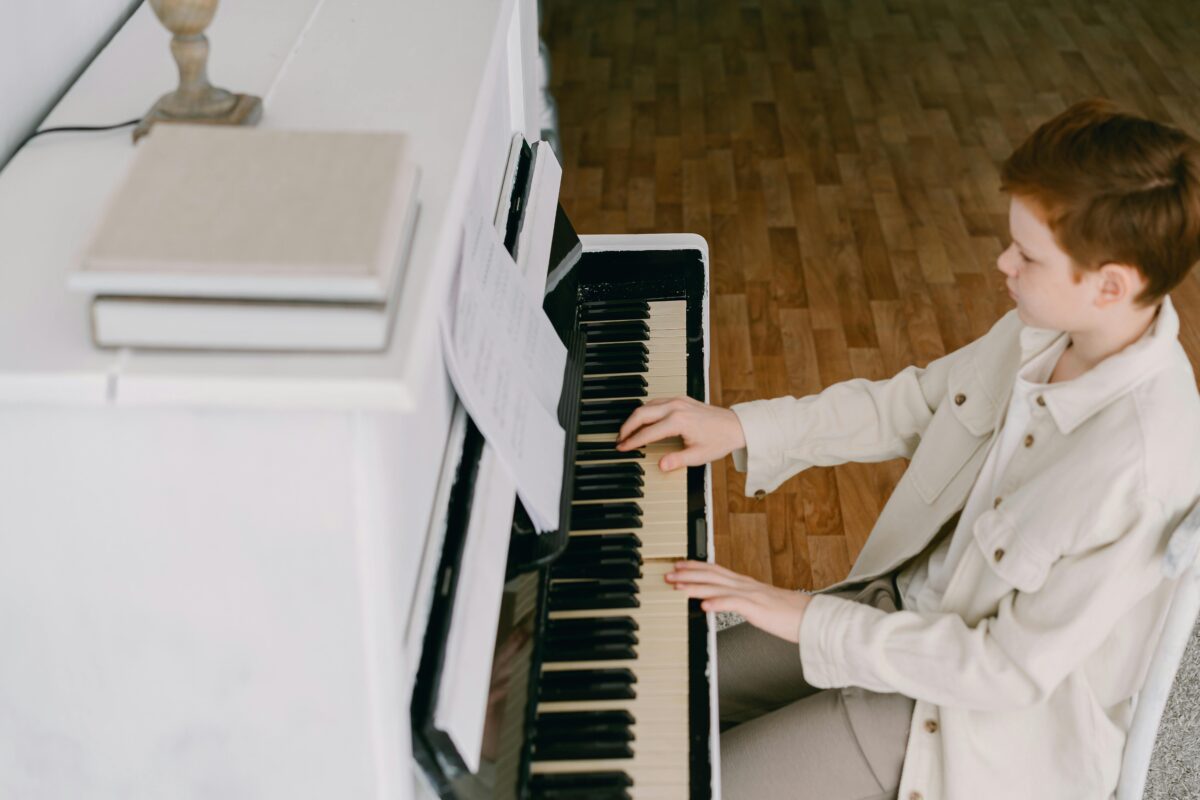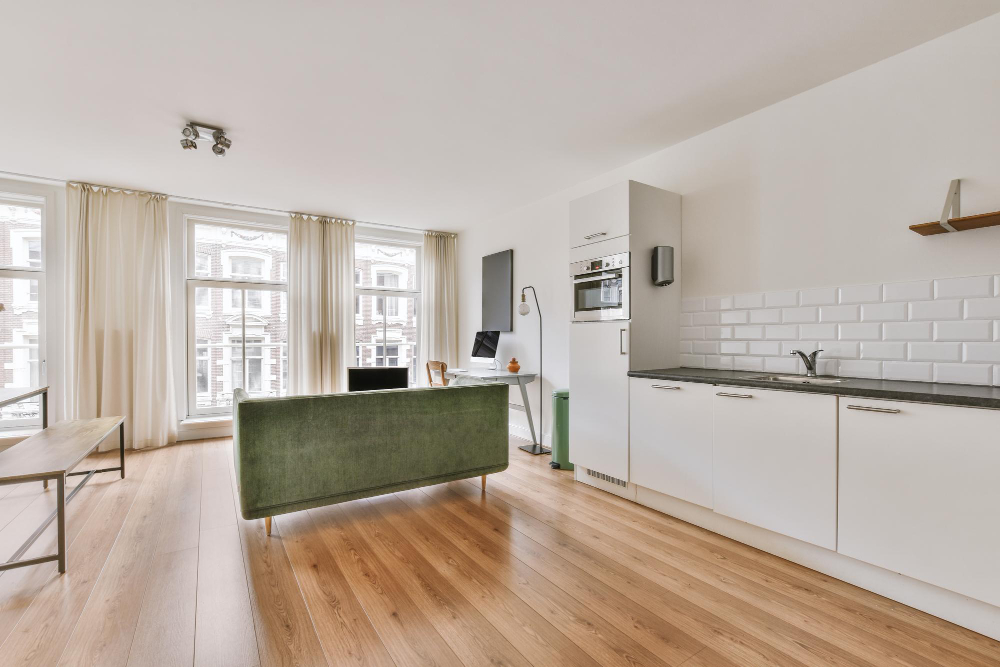The Perfect Match: Matching Your Needs with Used Pianos for Sale

If you’re in the market for a piano, whether you’re a seasoned musician or just starting out, finding the perfect match can be a thrilling yet daunting task. With a plethora of options available, from grand pianos to uprights, and a wide range of prices, it’s essential to carefully consider your needs and preferences to ensure you make the right choice. In this comprehensive guide, we’ll walk you through the process of matching your requirements with the available used pianos for sale, helping you find the perfect instrument to bring music into your life.
Understanding Your Needs
Before you begin your search for a used piano, take some time to evaluate your specific requirements. Consider factors such as your skill level, musical goals, budget constraints, available space, and preferences for piano type and sound quality.
Assessing Skill Level and Musical Goals
Are you a beginner looking for a piano to start learning on, or an experienced player seeking an upgrade? Understanding your skill level and musical aspirations will help narrow down your options and ensure you find a piano that suits your needs.
Considering Budget Constraints
Setting a realistic budget is crucial when shopping for a used piano. While used pianos are generally more affordable than their brand-new counterparts, prices can vary widely depending on factors such as brand, condition, and age. Determine how much you’re willing to spend and explore options within your price range.
Evaluating Space and Size Requirements
Take measurements of the space where you plan to place the piano to ensure it fits comfortably. Consider factors such as room layout, doorways, and staircases that may affect the piano’s transportation and placement in your home.
Preferences for Piano Type and Sound Quality
Do you prefer the rich, resonant tones of a grand piano or the compact versatility of an upright? Think about the type of piano that best suits your musical style and space constraints. Additionally, consider the sound quality you desire, whether you prefer a bright, lively tone or a warm, mellow sound.
Researching Available Options
Once you’ve identified your needs and preferences, it’s time to start researching available options. Explore local piano dealerships and stores, browse online marketplaces and classified ads, seek recommendations from teachers, musicians, and peers, and attend piano expos or auctions for unique finds.
Exploring Local Dealerships and Stores
Visit local piano dealerships and stores to see and play a variety of pianos in person. Take note of the brands, models, and prices available, and don’t hesitate to ask questions or request demonstrations from knowledgeable staff members.
Browsing Online Marketplaces and Classified Ads
Online marketplaces such as Craigslist, eBay, and Facebook Marketplace offer a vast selection of used pianos for sale. Take advantage of search filters to narrow down your options by location, price, and piano type. Read descriptions carefully and look for clear, detailed photos to assess the condition of the pianos.
Seeking Recommendations
Reach out to teachers, musicians, and peers for recommendations on where to find quality used pianos. They may have valuable insights or be aware of upcoming sales or events where pianos are available for purchase.
Attending Piano Expos or Auctions
Consider attending piano expos or auctions in your area to explore a wide range of pianos and potentially find unique or rare instruments. Keep an eye out for special deals or discounts offered at these events.
Evaluating Used Pianos
When evaluating used pianos, it’s essential to thoroughly inspect the physical condition, test the sound quality and tone, and assess the tuning stability and maintenance history.
Examining Physical Condition
Carefully examine the exterior of the piano for any signs of damage, such as scratches, dents, or cracks. Check the structural integrity of the piano, including the frame, soundboard, and cabinet, to ensure it’s in good condition. Inspect the keys, pedals, and internal mechanisms for wear and functionality.
Testing Sound Quality and Tone
Sit down at the piano and play a variety of musical pieces to test its sound quality and tone. Pay attention to the responsiveness of the keys, the clarity of the notes, and the overall tone of the instrument. Play across different octaves to ensure consistency and balance in sound.
Assessing Tuning Stability and Maintenance History
Inquire about the piano’s tuning stability and maintenance history to gain insight into its condition and care. Ask the seller when the piano was last tuned and if any repairs or maintenance have been performed. Consider the age and usage of the piano, as older instruments may require more frequent tuning and maintenance.
Negotiating and Finalizing the Purchase
Once you’ve found a used piano that meets your needs and preferences, it’s time to negotiate with the seller and finalize the purchase.
Gathering Information
Do some research to gather information on comparable prices and market value for the piano you’re interested in. This will give you a better understanding of its worth and help you negotiate a fair price.
Negotiating with Sellers
Negotiate with the seller on price, delivery, and warranty terms to reach a mutually beneficial agreement. Be prepared to compromise and be flexible in your negotiations while ensuring that your needs are met.
Finalizing Payment and Arrangements
Once you’ve agreed on the terms of the sale, finalize payment and make arrangements for transportation or delivery of the piano. Ensure that you receive a written agreement or receipt for the transaction to protect yourself legally.
Additional Considerations
In addition to purchasing the piano, there are several other factors to consider to ensure a smooth and enjoyable experience.
Budgeting for Additional Expenses
Budget for additional expenses such as tuning, maintenance, and piano accessories to keep your instrument in optimal condition.
Planning for Transportation and Placement
Make plans for transporting the piano to your home and ensure that it will fit comfortably in the designated space. Consider hiring professional movers if needed to ensure the piano arrives safely.
Exploring Accessories and Customization
Explore options for piano accessories such as benches, lamps, and covers to enhance your playing experience. You may also consider customizing the piano with features such as decorative finishes or personalized engravings.
Establishing a Maintenance Schedule
Establish a regular maintenance schedule to keep your piano in excellent condition and prolong its lifespan. Schedule regular tunings and inspections by a qualified technician to ensure optimal performance.
Conclusion
Finding the perfect match among the many used pianos for sale requires careful consideration of your needs and preferences. By assessing your skill level, musical goals, budget constraints, and other factors, researching available options, evaluating pianos, negotiating with sellers, and considering additional considerations, you can find the ideal instrument to bring music into your life. Take your time, explore your options, and enjoy the process of finding the perfect piano match.










